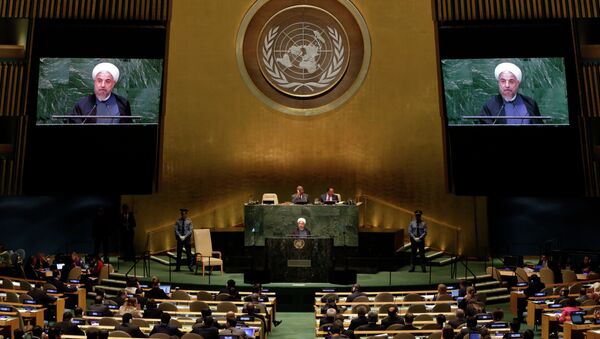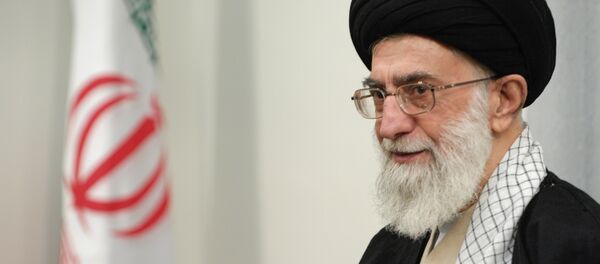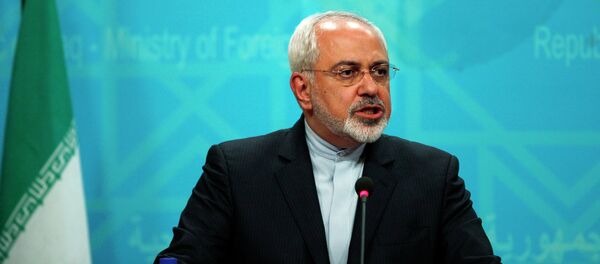As US Secretary of State John Kerry explained Wednesday, an agreement arising from current negotiations with Iran would not be legally binding. But a UN resolution — as a matter of international law — would have much more legal force.
— Mark Leon Goldberg (@MarkLGoldberg) March 12, 2015
The current members of the Security council — Britain, China, France, Russia and the United States — as well as Germany and Iran are quietly beginning talks to lift UN Sanctions in the event that a deal does emerge from the talks that are set to resume next week in Lausanne, Switzerland.
The goal of the talks has been to curtail Iran's nuclear developments over the next decade in exchange for a lifting of sanctions over time that were placed largely on the country's energy and financial sectors. The deadline for the nuclear pact is March 31 while negotiators have until the end of June to hash out a wider final agreement.
The sanctions at the center of the talks have, so far, been those imposed by the US and EU powers. But there are UN-imposed nuclear sanctions — in force since 2006 — which could also come into play if the effectiveness of a US agreement is called into question.
"If there's a nuclear deal, and that's still a big 'if', we'll want to move quickly on the U.N. sanctions issue," an official who did not wish to disclose their name told Reuters.




